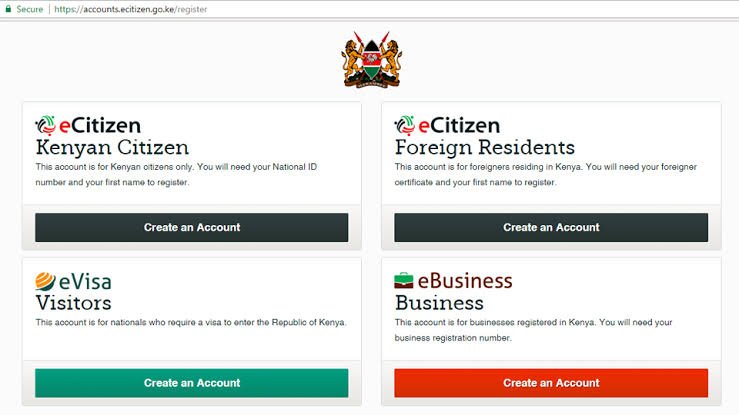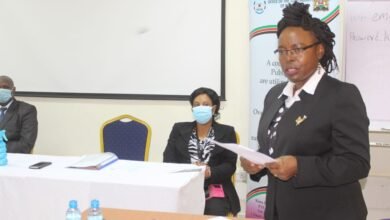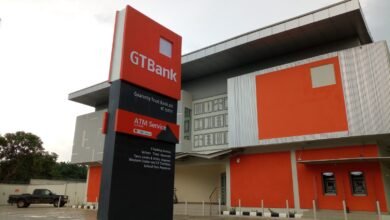
Kenyan government digital payment channels have migrated to a single Playbill number 222222, effective December 31, 2023, in line with President William Ruto’s directive.
This means that citizens and businesses can access and pay for government services online using the eCitizen portal, which is the official government digital payment platform.
Why the Migration?
The migration to a single Paybill number is part of the government’s efforts to digitize all payments into government, to increase revenue collection, minimize the cost of collection and enhance service delivery.
It is also aimed at providing an open, digitized financial system, powering a digitally driven and inclusive economy.The migration is also in line with the government’s affordable housing program, which is one of the pillars of the Vision 2030. The program seeks to provide housing for all and bring to bear the right to safe and secure shelter, as enshrined in the Constitution of Kenya.
“Our Paybill No. 005500 has changed to the Govt Paybill No. 222222. Your Acc no. will be BOMA followed by your ID Number e.g. Paybill No. 222222, Acc no: BOMA12345,” said BOMA YANGU in a message to its registered members.
What are the Benefits?
The benefits of using the platform are manifold. First, it offers convenience and accessibility, as one can pay for government services online and from anywhere in the world, 24 hours a day. Second, it offers transparency and accountability, as one can track one’s payments and receipts, and access real-time information on the status of one’s application.
Third, it offers affordability and flexibility, as one can save any amount at any time, and choose from a range of housing options that suit one’s budget and preferences.
What are the Challenges?
The challenges of using the platform are mainly related to awareness and adoption. Some citizens and businesses may not be aware of the platform or how to use it, or may face difficulties in accessing the internet or mobile networks.
Some may also be reluctant to switch from the traditional payment methods or to trust the online system. To address these challenges, the government has embarked on a sensitization and training campaign, targeting both the public and private sectors, to educate them on the benefits and features of the platform.
The government has also ensured that the platform is secure and reliable, and that it complies with the relevant laws and regulations.
What are the Future Plans?
The future plans of the platform are to expand its scope and reach, and to integrate it with other digital initiatives. The government plans to onboard more services on the portal, and to re-engineer the portal for ease of navigation.
The government also plans to link the platform with other digital platforms, such as the Huduma Namba, the National Integrated Identity Management System, and the Kenya Revenue Authority (KRA), to create a seamless and holistic digital ecosystem.The government digital payment platform aims to transform the way citizens and businesses interact with the government.
It is a key enabler of the government’s vision of providing quality and affordable services to all, and of fostering a digital and inclusive economy.






Griffin Stafford
Can you be more specific about the content of your article? After reading it, I still have some doubts. Hope you can help me.